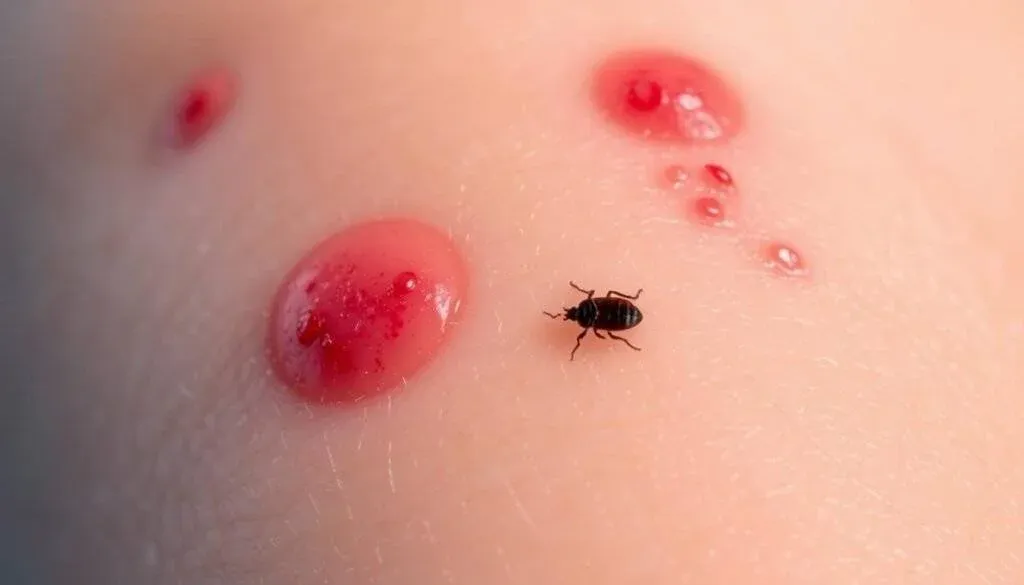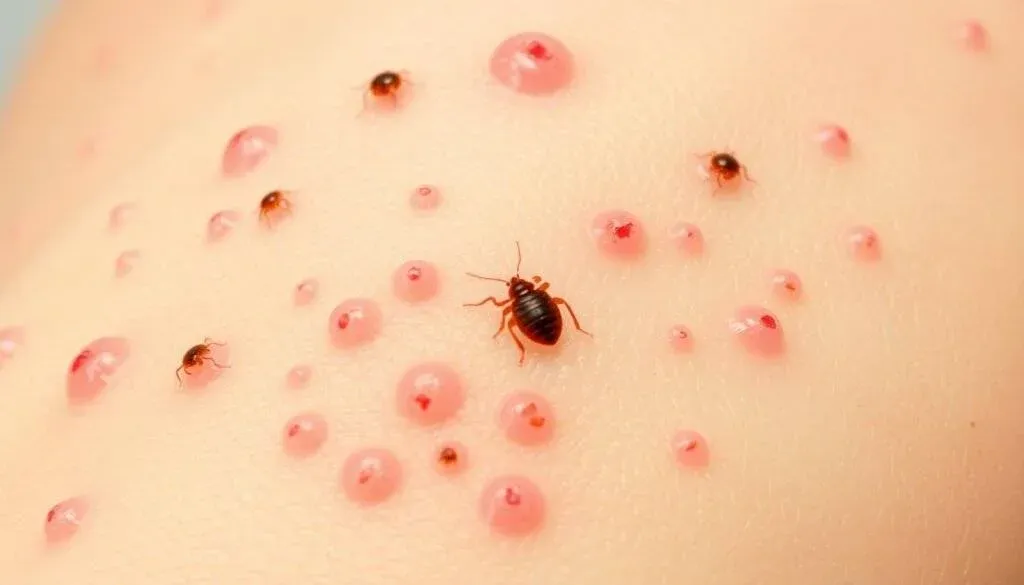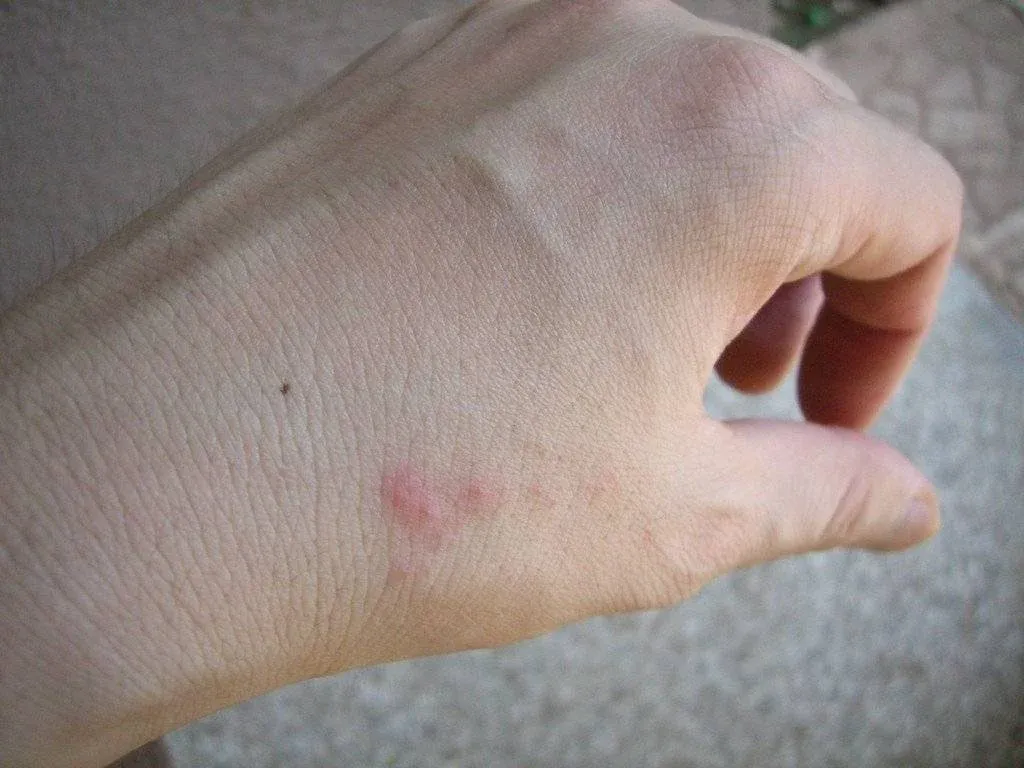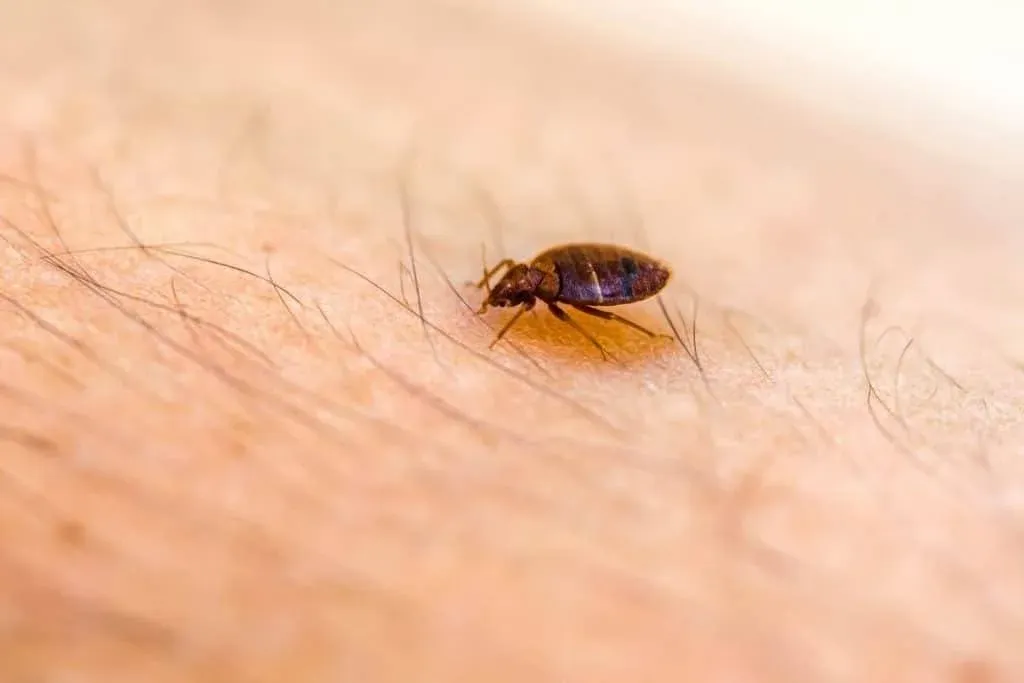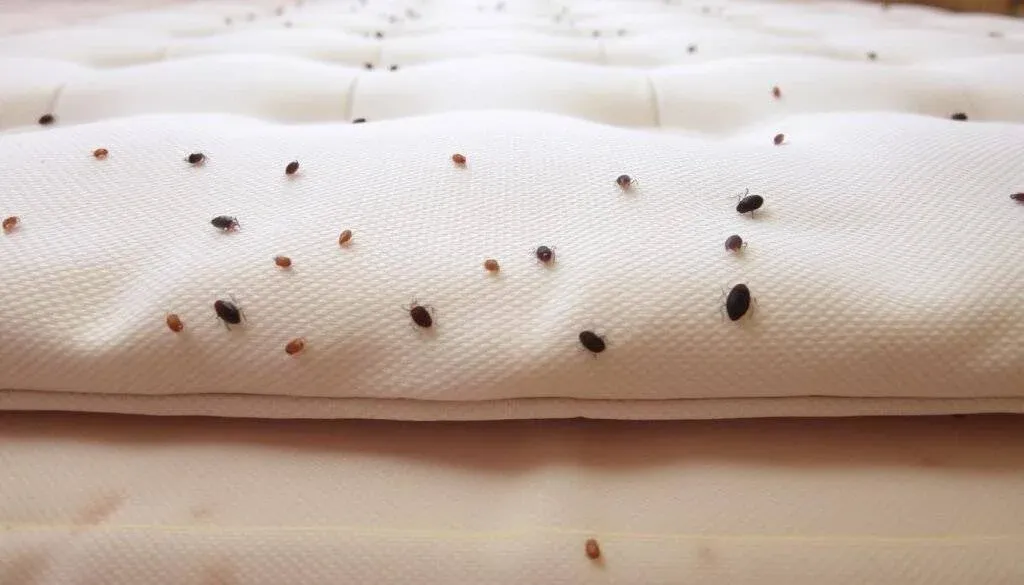Bed bugs are small, reddish-brown insects that feed on human blood, usually at night. While their bites are often itchy and irritating, they typically heal within a week without major issues. However, in some cases, scratching or delayed treatment can cause complications, leading to infected bug bites. Recognizing the signs of infection, knowing how to treat them, and preventing future problems are essential for protecting your health.
What Causes Infected Bed Bug Bites?
Most bed bug bites are harmless beyond itching, but they can become infected when bacteria enter the skin through constant scratching. Some common causes include:
Excessive scratching that breaks the skin barrier.
Poor hygiene or unclean environments around the bite.
Existing skin conditions like eczema that make the skin more vulnerable.
Weakened immune system, which increases infection risks.
When this happens, a simple bite turns into bed bug bites that require medical attention.
Symptoms of Infected Bed Bug Bites
While regular bites are small, red, and itchy, infected ones display different warning signs. Look for the following:
Swelling and redness that spreads beyond the bite area.
Warmth and tenderness around the affected spot.
Pus or discharge, indicating bacterial infection.
Severe pain or intense itching beyond the usual irritation.
Fever or flu-like symptoms, which may mean the infection is spreading.
If you notice these signs, your infected bed bug bites may require prompt medical care.
Home Remedies for Infected Bed Bug Bites
If the infection is mild, some home remedies can provide relief while preventing worsening:
Cold Compress – Reduces swelling and itching.
Aloe Vera Gel – Soothes inflammation and promotes healing.
Tea Tree Oil (Diluted) – Offers natural antibacterial properties.
Honey – Acts as a natural antibiotic for minor infections.
Oatmeal Paste – Calms irritation and reduces redness.
While these remedies can ease discomfort, severe cases of infected bed bug bites need professional treatment.
Medical Treatment for Infected Bed Bug Bites
When bites become seriously infected, a doctor may recommend:
Topical antibiotics such as mupirocin to control bacterial growth.
Oral antibiotics in case of spreading infection.
Antihistamines to reduce itching and allergic reactions.
Corticosteroid creams to manage severe inflammation.
Never ignore worsening infected bed bug bites, as untreated infections may lead to cellulitis or other skin complications.
How to Prevent Infected Bed Bug Bites
Prevention is the best approach. Here’s how you can reduce the risk:
Avoid scratching the bite area to prevent bacteria from entering.
Keep the skin clean by washing bites with soap and water.
Use antiseptic creams immediately on fresh bites.
Maintain good hygiene in bedding and living spaces.
Address infestations quickly by contacting pest control experts.
By taking precautions, you can prevent bed bug bites from ever developing.
When to See a Doctor
Seek medical attention if you experience:
Spreading redness or swelling.
Intense pain that does not improve.
Fever, chills, or body aches.
Multiple infected bed bug bites that worsen over time.
Doctors can provide proper treatment and ensure the infection doesn’t escalate.
Final Thoughts
Bed bug bites are annoying but usually harmless. However, they can lead to infected bug bites if not treated properly. By recognizing the symptoms early, applying effective home remedies, and seeking medical care when necessary, you can avoid complications. Most importantly, preventing future infestations and maintaining good hygiene are key to staying bite-free and healthy.


